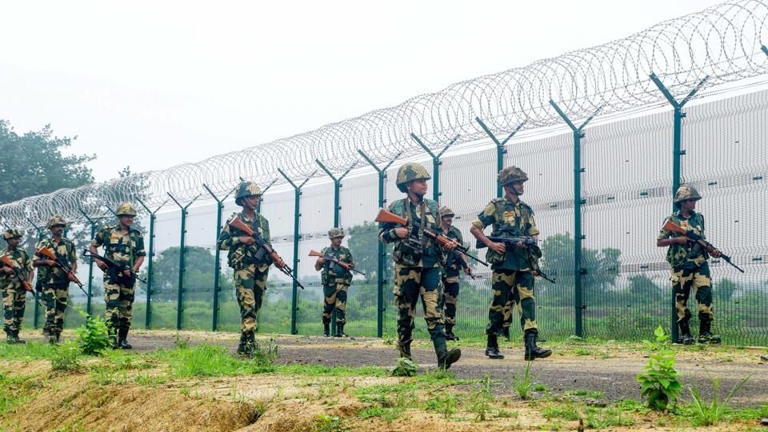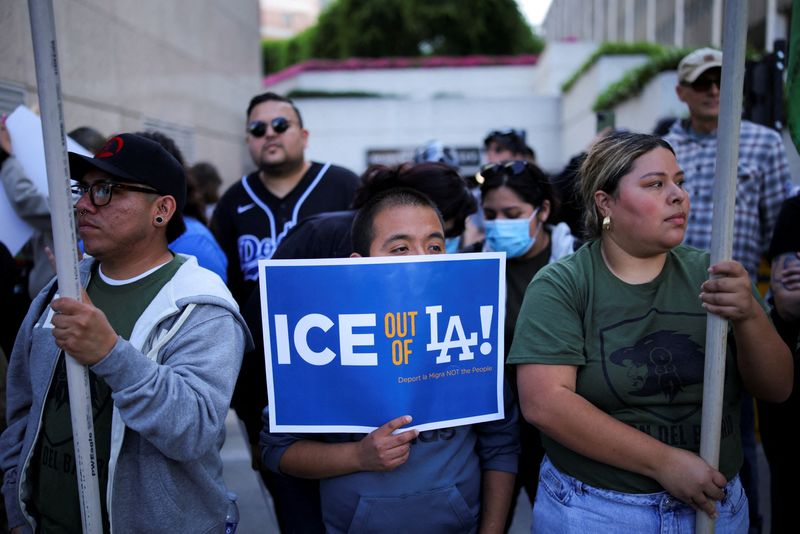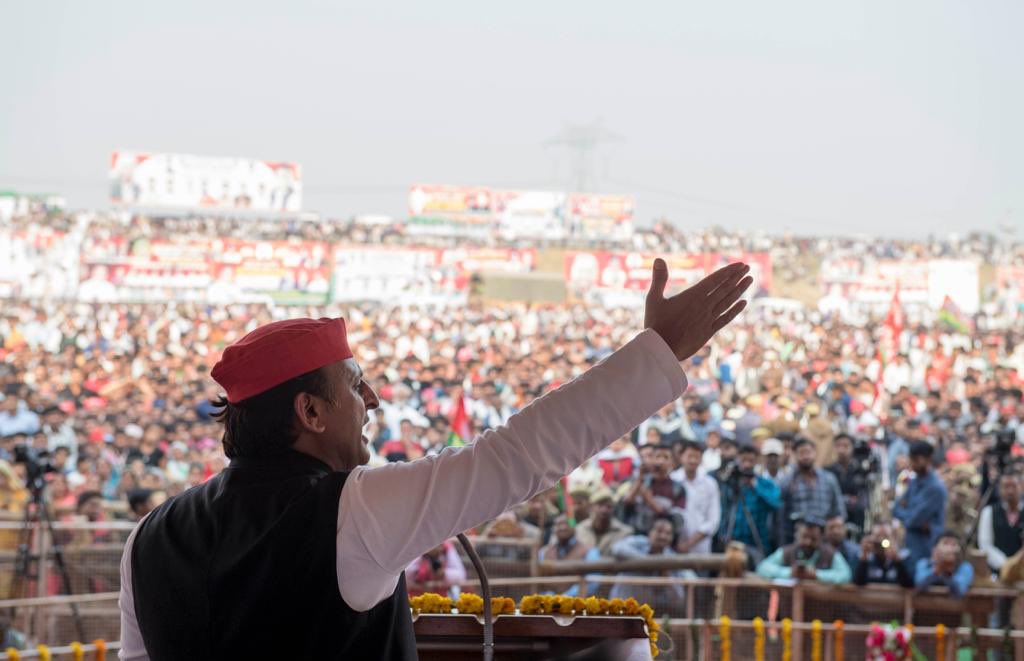Abduction Sparks Spotlight on a Silent Crisis
In an alarming incident at the India-Bangladesh border, a BSF (Border Security Force) trooper was abducted by Bangladeshi villagers while trying to prevent an infiltration attempt. Although the jawan was returned after Indian authorities contacted Dhaka’s border forces, the episode highlights growing tensions on India’s eastern front — a region often overshadowed by focus on the Pakistan border.
📢 A BSF jawan ABDUCTED by Bangladeshi nationals, tied to a banana tree for 4 hours
— The Analyzer (News Updates🗞️) (@Indian_Analyzer) June 5, 2025
~ Reason? Just for doing his duty at the border.
Coward Kanglus even uploaded the video on Facebook like a trophy. Dhaka is messing a lot these days. One decision & their weavers will suffer🎯 pic.twitter.com/fP75L1sc6C
This recent abduction is part of a larger, more complex issue: illegal migration from Bangladesh into India, and New Delhi’s aggressive pushback policy, especially in the wake of the Pahalgam terror attack. With over 4,000 km of porous border, infiltration, forced deportation, and diplomatic silence from Dhaka have become a powder keg waiting to explode.
Why Illegal Migration from Bangladesh Is Fueling Border Clashes
The India-Bangladesh border is among the longest land borders in the world, stretching across forests, rivers, and farmlands — and for decades, it has been a hotbed of illegal crossings. Many Bangladeshi nationals enter India in search of livelihood, but the demographic pressure, security concerns, and rise in cross-border crimes have turned the issue into a national headache.
After the Pahalgam attack, India launched a crackdown on illegal migrants. Thousands of Bangladeshi nationals were rounded up from various Indian states and transported to the border in Indian Air Force planes, where they were handed over to the BSF for deportation.
Since early May, over 2,000 migrants have been pushed back, while another 2,000 reportedly returned voluntarily after hearing of India’s hard stance. However, these operations haven’t been smooth. Altercations between BSF and Bangladeshi villagers have occurred, and warning shots were reportedly fired during clashes — though India has not officially confirmed it.
Dhaka’s Non-Cooperation Under Muhammad Ununice Raises Alarms
While India is actively pushing illegal migrants back, Bangladesh under the Muhammad Ununice regime has shown little cooperation. A list of over 2,000 Bangladeshis prepared for deportation since 2020 remains pending with no action from Dhaka.
Instead of acknowledging the problem, Dhaka’s foreign adviser plans to oppose India’s pushback strategy by writing a formal complaint. According to Dhaka, deportations must occur through “official channels,” not by unilateral action — even if the individuals are illegal residents in India.
This lack of responsiveness from Bangladesh is a key driver behind the rising tension. While previous regimes, like that of Sheikh Hasina, managed the issue diplomatically, the Ununice government appears indifferent, further complicating the already strained relationship.
The Abduction Incident Shows Just How Fragile the Situation Is
The abduction of an Indian soldier on Wednesday, though resolved quickly, serves as a red flag. According to reports, the trooper was trying to block an infiltration attempt when he was overpowered and taken by a group of Bangladeshi villagers. Though the BSF got him back within hours, it reflects how volatile the situation on the ground has become.
With frequent run-ins between BSF and Bangladeshis, including reports of cross-border scuffles, the risk of escalation is dangerously high. Even a minor miscalculation could lead to a larger border conflict — especially in the absence of diplomatic coordination.
India has made its intentions clear: illegal migrants will be deported, with or without Bangladesh’s cooperation. But without a diplomatic framework or trust, each operation becomes a flashpoint. As security intensifies, the focus must now shift from force to diplomacy, unless both nations want to risk turning this cold conflict into a real one.





















